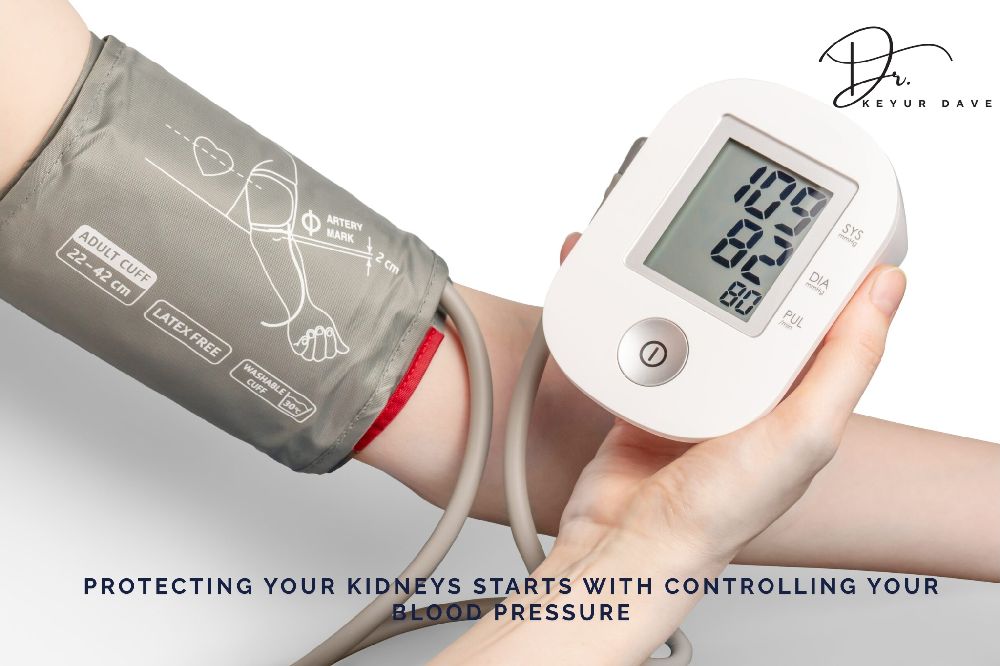 High blood pressure doesn’t just affect your heart—it’s one of the leading causes of kidney damage. When left unmanaged, it silently damages the delicate blood vessels in the kidneys, reducing their ability to filter waste and balance fluids in the body. Over time, this can lead to chronic kidney disease (CKD), dialysis, or even the need for a transplant.
High blood pressure doesn’t just affect your heart—it’s one of the leading causes of kidney damage. When left unmanaged, it silently damages the delicate blood vessels in the kidneys, reducing their ability to filter waste and balance fluids in the body. Over time, this can lead to chronic kidney disease (CKD), dialysis, or even the need for a transplant.
💥 How Does High Blood Pressure Damage the Kidneys?
Your kidneys contain a vast network of blood vessels that work as a filtration system. High blood pressure causes these vessels to narrow, weaken, or harden, which limits blood flow. Without enough blood, the kidneys can’t function properly, and toxins start to build up in the body.
🧠 Know the Link: Hypertension & Kidney Disease
-
30–40% of people with high blood pressure develop kidney disease
-
Hypertension is the second leading cause of kidney failure, after diabetes
-
Many people with kidney disease don’t know they have it until late stages
🛠️ Simple Ways to Reduce Risk
✅ Lower Salt Intake
Too much sodium increases fluid retention, which raises blood pressure and puts extra pressure on the kidneys.
✅ Maintain a Healthy Weight
Even small amounts of weight loss can help lower your blood pressure and improve kidney function.
✅ Keep Hydrated—But Not Overhydrated
Drinking enough water supports kidney filtration, but avoid excessive fluid intake unless directed by your doctor.
✅ Cut Back on Caffeine and Alcohol
These can increase blood pressure and affect kidney health over time.
✅ Monitor Your BP at Home
Home monitoring helps catch sudden spikes and keeps you on track with your management plan.
✅ Talk to Your Doctor About Medication
Some medications, like ACE inhibitors and ARBs, are prescribed to both lower blood pressure and protect the kidneys.
🧪 Don’t Forget Routine Testing
Ask your doctor for regular kidney function tests—such as creatinine, eGFR, and urine albumin tests—if you have high blood pressure. Early detection is the best defense.
🟢 Final Thoughts
Taking charge of your blood pressure is one of the most effective ways to prevent kidney disease. It’s not just about numbers—it’s about long-term wellness and protecting your body’s natural filtration system. Start small, stay consistent, and work closely with your healthcare provider to keep both your blood pressure and kidney health in check.

.png)
